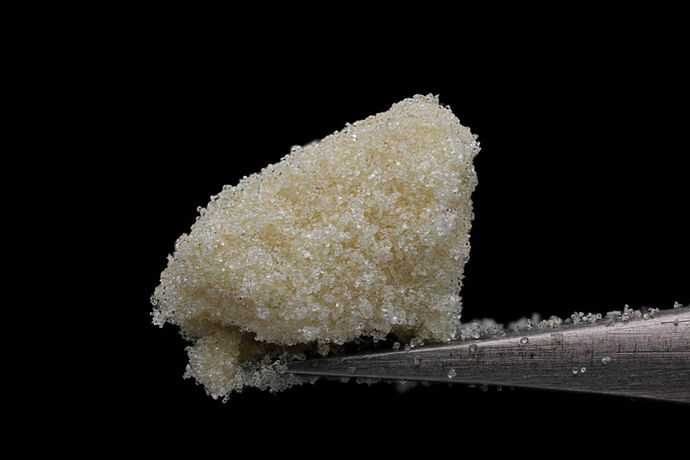Hemp may be green, but the hemp industry is anything but polychromatic. Hemp is a growing industry, but the wealth and prosperity isn’t shared equally by all. But this can and should change because there’s more than enough for all of us.
Less than 2% of the farms in the U.S. are owned by African Americans, even though Black people make up approximately 12% of the total population. Black farms tend to be smaller and less profitable than the national average. I won’t bother to list the obvious reasons why.
It’s not that Black farmers are bad farmers. Many farm land that has been in their families for generations. Faced with seemingly insurmountable debt, many fear losing their farms and along with it their very livelihoods. I humbly submit that hemp holds out real hope for small American farmers, including POC and women-owned farms.
We all agree there’s money in the legal Cannabis market and that Black people are underrepresented. Social equity efforts will take time to bear fruit. The biggest obstacle has nothing to do with race or ethnicity, and everything to do with money. It takes money and lots of it to get into the Cannabis market – money that most African Americans don’t have access to. That’s not the case with hemp.
Hemp licenses are less expensive compared to Cannabis. Hemp is administered by the individual states’ Departments of Agriculture, which tend to be farmer-friendly. The key is doing your research beforehand, being realistic about what you can and can’t do, and realizing nothing will happen overnight.
Many farmers can grow conventional crops successfully, but not many Black farmers have experience with hemp. It’s a new crop with its own learning curve. My advice is to reach out to younger folks with Cannabis growing experience, even if their previous convictions prevent them from being license holders themselves.
Don’t put all your eggs in one basket. Start small, don’t throw your whole farm into a new crop. Make it part of your annual rotation, integrated into your business model.
Ignore the CBD biomass market. Too much hemp was grown for CBD extraction in 2019. The market got flooded and prices collapsed. Anything grown in 2020 will only worsen the glut. It’s harder for inexperienced hemp farmers to be profitable.
My advice to new Black hemp farmers is to grow for the fiber market, especially hempcrete. Fiber seeds are cheaper than premium CBD seeds. Literally acres of hemp grown for fiber can be farmed using tractors. The harvest can be field retted, which is less labor intensive than trimming and drying a flower harvest. Fiber crops need less indoor space for drying, processing and storage. Fiber may be a speculative market, but those getting in now are well poised for the future, as consumers learn more and more about hemp’s full potential.
Small farmers have always helped each other. Small hemp farmers should be no different. Share what you know and what you have. Form co-ops and pool resources. Grow your local hemp industry, farm by farm.
Not interested in growing hemp? No problem. There are more non-farm jobs in the hemp industry than you might think. Someone needs to process, package, transport, market and sell hemp products. The industry needs lawyers, accountants and insurance professionals well-versed in hemp rules and regulations. Transfer your existing skills to this new industry and help grow the pie for all of us.
Reach out to HBCUs. Support their ag schools and encourage them to incorporate hemp into the curriculum and their future plans. Encourage them to include grad students and interns into each and every program.
I’m not trying to ignore or minimize inequalities and injustices in the Cannabis market. While we all address those inequalities, let’s not forget about hemp, the low hanging fruit.










